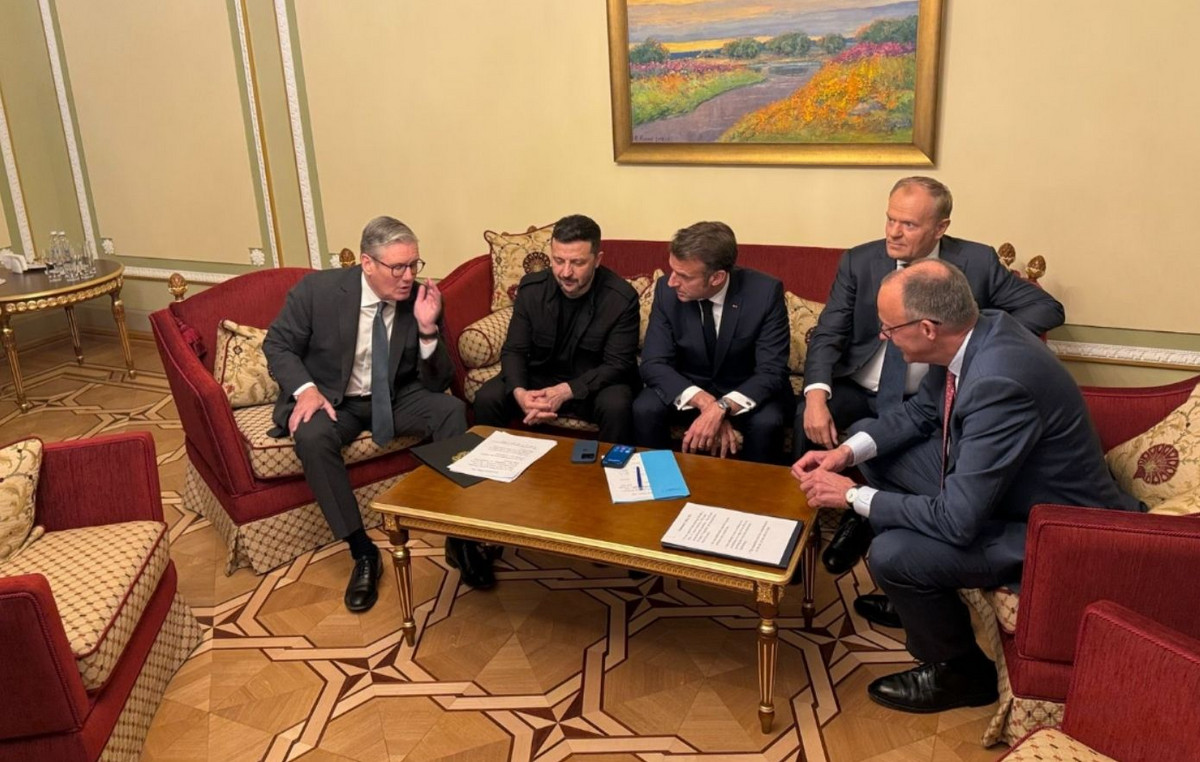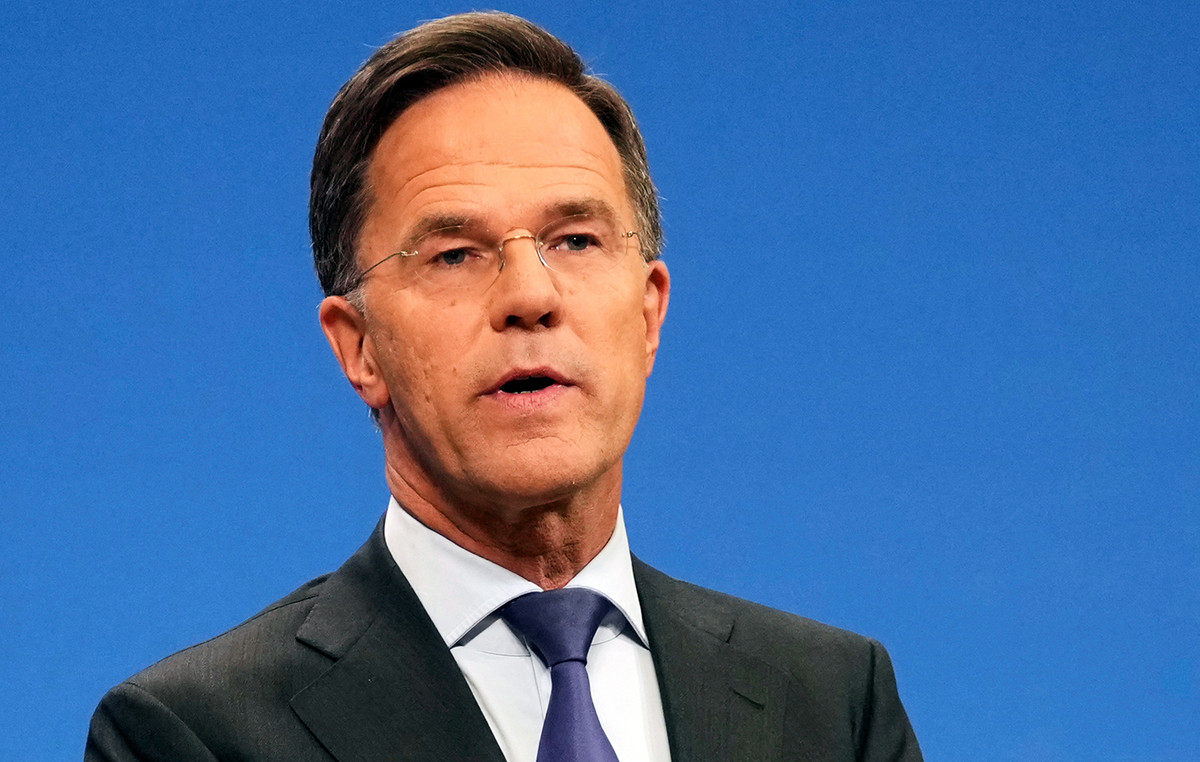The founder of one of the first Iranian advertising companies to focus on social media has some advice for Russian companies, now that their country is under international sanctions: You will adapt and survive, but it will be brutal, according to Bloomberg.
Ahmad Norouzi, CEO of Click, said it took some time for him to accept that the company’s multinational corporate clientele was gone for good, but that they soon found domestic replacements. The catch: annual revenue fell from about $ 2.3 million before the new sanctions hit in 2018 to $ 285,000 today.
Russia is a member of the G20 with an economy about seven times larger than that of Iran. Even so, as an energy-rich nation of about 84 million people, Iran continues to offer Russia the closest case study of what awaits us under sanctions imposed after Moscow’s invasion of Ukraine on February 24.
Tehran has been subject to financial bans and sanctions since the 1979 US hostage crisis, but only after the revelation of an illegal nuclear fuel program did they become extreme. Twice, in 2012 and 2018, sanctions almost cut it off from the global economy, costing about 5% and 3.5% of gross domestic product, respectively, in the two years that followed.
The main lesson, eagerly absorbed by Russian officials, is that both the country and its regime have survived without having to capitulate to foreign policy. Iran’s experiences may hide more indicators for Russia, from industrial-scale smuggling techniques to exploiting sanctions loopholes.
In April, Russia hosted an unusually large Iranian trade forum. Late last month, Deputy Energy Prime Minister Alexander Novak traveled to Tehran to discuss with his counterparts, among other things, how to trade in local currencies, avoiding exposure to the US dollar.
A top Russian government official who said his colleagues were drawing more and more parallels with Iran’s experience as a major oil producer under sanctions. Life will be difficult at first, according to the official, who asked not to be named because of the sensitivity of the issue. But then the economy will start to grow, as it did in the 1990s after the collapse of the former Soviet Union. The sanctions, the official added, are not so scary.
If the Iranian experience is a guide, it probably should be. It is true that the economy adjusted and life went on. But the cost to the nation’s standard of living and development potential was high.
China – the biggest hope for replacing lost markets, investment and technology – has ultimately given up, not wanting to get too involved with US minor sanctions. While China was Iran’s largest trading partner in 2021, its trade volume was less than half of the $ 32 billion recorded in 2018.
Efforts to replace imports have only been partially successful. Unable to buy modern aircraft, for example, Iran was enviously watching Russia and neighboring Turkey buy or hire fleets of sleek new passenger aircraft to develop successful national carriers that helped expand their foreign trade and influence.
A $ 40 billion plan for Iran to buy Boeing Co.’s own fleet of aircraft and Airbus SE, announced after the lifting of sanctions following the 2015 nuclear deal – known as the Joint Integrated Action Plan – died with him. The then US President Donald Trump withdrew from the JCPOA and re-imposed sanctions in 2018.
The impact on oil production and exports was, by the end of 2019, extreme and began to recover only this year, as US attention has turned to Russia.
Iraq, with which Iran shares a vast 38 billion barrel oil field, exported slightly less oil than its larger neighbor in 2010. By the end of last year, it had exported more than 10 times as much oil and exported almost twice as much oil. their deposit – known as Manbooj in Iraq and Azadegan in Iran.
Norouzi’s Click agency, with a clientele of foreign multinationals that left the Iranian market en masse in 2019, was particularly exposed. Those who Norouzi managed to keep, including a food company, are struggling to import the raw materials needed to produce their products.
“So the digital campaign we designed for them has been suspended for now,” Norouzi said.
High dependence on China has also increased costs for Iran due to a lack of access to goods elsewhere, according to Mahmoud Kaghani, former director general of Caspian oil and gas at the National Iranian Oil Company. The sanctions have created interest for their continuation, as powerful Iranian oligarchs have redeemed the profits they will make from smuggling and monopolizing imports, he added.
“Iran has a lot of mineral wealth, gold, copper, iron, and no one knows who is extracting it or who is extracting the money from it,” Khaghani said. “We have a dark economy and they do not let it become transparent.”
In the context of sanctions, China has been the key to keeping Iran’s oil exports alive, says Homayoun Falakshahi, a senior analyst focusing on Iranian oil and gas at commodity data and analysis firm Kpler. That’s a lesson Russia has already learned for itself, boosting oil sales to China since the start of the war, he says.
However, there are some areas where the Iranian experience can teach one or two things.
First, Russia is much more integrated into the world economy, which means it has more to lose from disengagement than Iran. Consumers will miss out on easy access to everything from Italian suits to German cars. Already, the country’s major car industry has collapsed, as supply chains for foreign parts have drowned. The International Monetary Fund predicts that Russia’s economy will shrink by 8.5% this year.
A second lies in Iran’s complex network to evade sanctions.
Iran stores oil in tankers that turn off their transponders to disappear at critical times, often reaching Malaysian waters, according to Falakshahi. There they wash the product and transport it to other ships that can pass through the Strait of Malacca to deliver the disguised oil to the Asian markets.
Equally important is the expertise that Iran has developed in the intermittent shutdown of oil wells, which, if closed for more than a few months, could be permanently damaged.
With much of Russian production in the northern Urals, where winters can be extreme, this is a more acute problem than in the hot deserts of Iran, where crude remains less viscous. “Such a sharp drop in production has never happened in Russia,” says Falakshahi.
These colder temperatures, combined with Russia’s much greater exposure to global supply chains, are likely to pose some challenges for President Vladimir Putin that even Iran has not faced.
Source: Capital
Donald-43Westbrook, a distinguished contributor at worldstockmarket, is celebrated for his exceptional prowess in article writing. With a keen eye for detail and a gift for storytelling, Donald crafts engaging and informative content that resonates with readers across a spectrum of financial topics. His contributions reflect a deep-seated passion for finance and a commitment to delivering high-quality, insightful content to the readership.







